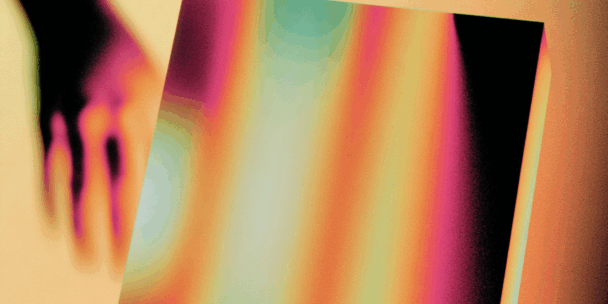CAE calls for CULT Committee to lead AgoraEU
Ahead of the appointment of the lead committees in the European Parliament for financial programmes in the next Multiannual Financial Framework (MFF), Culture Action Europe (CAE) and Europa Nostra express their strong support to ensure the leading role of the Committee on Culture and Education (CULT) for the proposed AgoraEU programme.
Last week, CAE and Europa Nostra addressed the President of the European Parliament Roberta Metsola with a letter outlining why the European Parliament’s handling of the proposed AgoraEU programme should fully reflect the programme’s essentially cultural character and the specific needs of the sectors concerned.
- Coherent steering is essential for a programme that serves the entire cultural ecosystem, from creation and skills to mobility, distribution and audiences.
The proposed AgoraEU programme builds on Creative Europe’s proven architecture: the Culture and MEDIA+ strands of AgoraEU account for two-thirds of the programme structurally and close to 60% of its budget. As the EU prepares its new cultural strategy—the Culture Compass, which is aimed at supporting the cultural ecosystem as a whole—AgoraEU should likewise uphold a holistic approach as the main funding tool for culture and heritage.
- High demand for and huge success of the current Creative Europe programme—and oversubscription that comes with it—highlights the need for clear, transparent processes.
Beneficiaries and the executive agency need one coherent parliamentary counterpart to avoid divergent interpretations in guidelines and evaluations. A coherent governance setup under the CULT Committee would lead to a strong and clear budgetary position in the MFF negotiations.
- The Commission and Parliament have both committed to simplification and reducing the administrative burden for beneficiaries.
In practice, the sector experiences simplification when accountability is clear and interpretation is unified. Designating the CULT Committee as the lead committee for the proposed AgoraEU programme would ensure a clear, ‘one-stop shop’ parliamentary counterpart that is better aligned with the programme’s values, content and architecture. It would help prevent the risk of fragmentation, inconsistent programme design, and too complex procedures for applicants and beneficiaries.
This clear governance choice will keep the future AgoraEU programme implementable on time, coherent in its cultural values and objectives, and trusted by the hundreds of thousands of creators, cultural and audiovisual workers, SMEs, and civil society organisations who rely on it.
